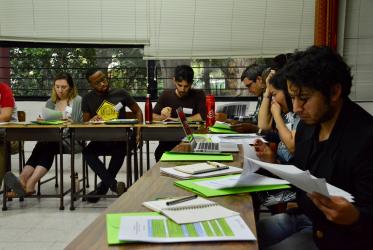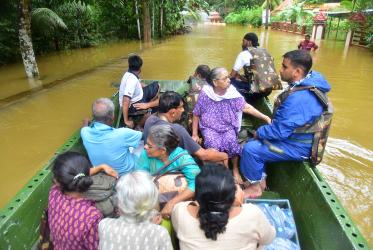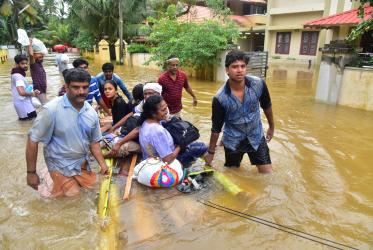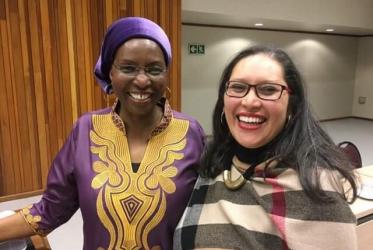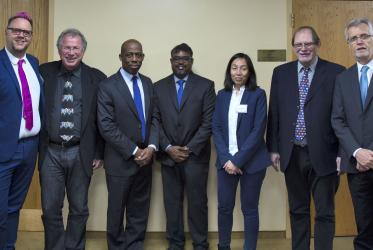Displaying 101 - 120 of 289
03 September 2018
WCC promotes Global Day of Prayer to End Famine
06 June 2018
WCC advocates for economic justice at UN conference
01 June 2018
WCC calls for Global Day of Prayer to End Famine
31 May 2018
New economic architecture focus of New York meeting
22 April 2018
GETI students plant trees, in service for greener future
07 March 2018
Voices from Colombia: “What if we have no land to till?”
15 February 2018
Seven weeks of Lent highlight water justice in Latin America
12 February 2018
Churches in France encourage ecological conversion
24 January 2018
